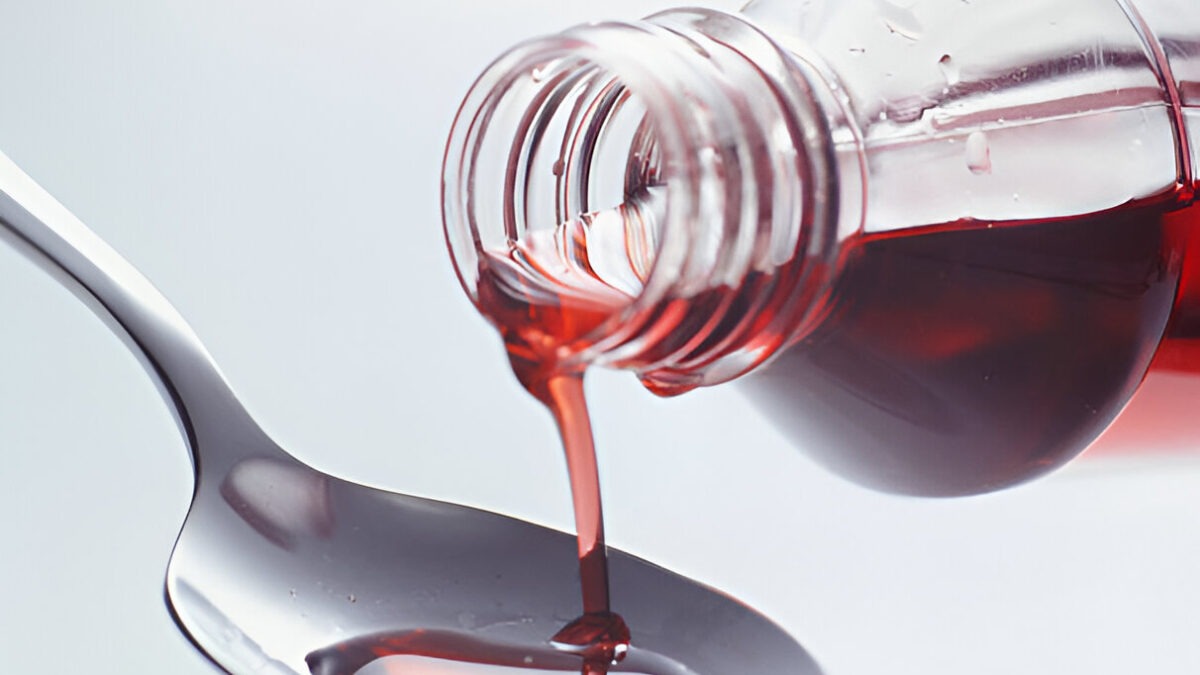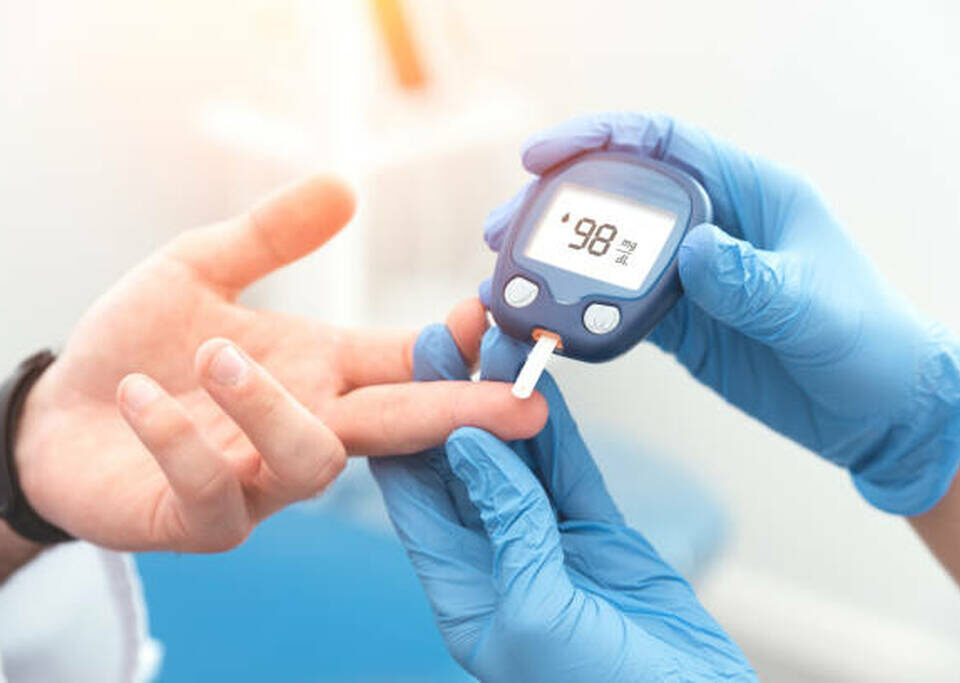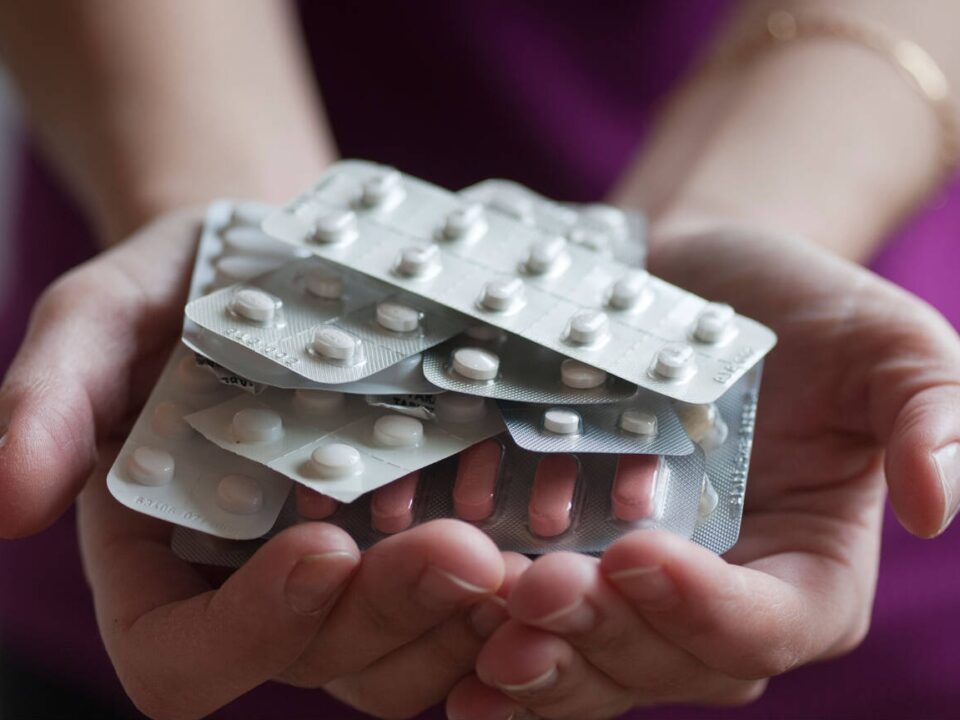
Building a Successful Future with Edward Young Labs: The Best PCD Pharma Franchise Company in Karnataka
October 4, 2025
Proud, Inspired, Grateful: Celebrating India’s Women’s World Cup Victory
November 4, 2025Bitter Medicine: The Untold Story of a Factory That Bottled Death
What if the medicine you gave your child to ease a cough was the very thing that ended their life?
This question is no longer hypothetical for the families of 16 children who died in Madhya Pradesh and Rajasthan after consuming what should have been a routine over-the-counter cough syrup. At the center of this tragedy is Coldrif, a cough syrup manufactured by Sresan Pharmaceutical in Tamil Nadu — now exposed as the product of a dangerously unregulated, shockingly unsafe pharmaceutical factory.
The findings from a recent government investigation into the company read like a horror story, revealing over 350 violations — from poor hygiene to the use of industrial-grade chemicals unfit for human consumption. But this isn’t just about one factory. It’s a symbol of a broader failure in drug safety, oversight, and public health accountability in India.
A Factory Without Rules
The Sresan Pharmaceutical facility in Kancheepuram, Tamil Nadu, wasn’t just non-compliant — it was operating in conditions that should have disqualified it from producing any kind of medicine, let alone something given to children.
During inspections, authorities found:
- No air filtration or ventilation systems, increasing the risk of contamination.
- Damaged and rusting equipment, indicating years of neglect.
- Storage of raw materials and finished goods in open corridors, with zero pest control.
- No quality control department, no testing procedures, and no documentation for production batches.
In simpler terms, the factory functioned in an environment less sanitary than a kitchen — yet it was producing medication meant for human consumption.
The Toxic Ingredient That Should Never Have Been There
Perhaps the most horrifying part of the investigation was the discovery that the syrup contained diethylene glycol (DEG) — a chemical commonly used in industrial products like brake fluid and antifreeze. It’s highly toxic to humans, particularly children, causing acute kidney failure and even death when ingested.
So how did it end up in a cough syrup?
The factory had procured propylene glycol — a safe pharmaceutical solvent — from unverified sources without invoices. Investigators suspect it was either adulterated or substituted with DEG, a much cheaper but lethal alternative.
This isn’t a new story — DEG-related mass poisonings have occurred in multiple countries, including Panama and Nigeria. The only difference now is that it happened again, despite global awareness and decades of documented warnings.
16 Children Gone: The Real Cost of Negligence
As the syrup made its way into the supply chain, unsuspecting families administered it to their children, hoping it would ease a cough or cold. Instead, they found themselves rushing to hospitals as symptoms worsened.
For 16 children, it was too late. Their lives were cut short not by illness, but by regulatory apathy, manufacturing negligence, and corporate greed.
These weren’t isolated deaths; they were preventable. Every corner cut in that factory brought Coldrif one step closer to becoming a killer — and no one stopped it.
The Aftermath: Bans, Arrests, and Accountability
Following the revelations, Tamil Nadu’s drug authorities:
- Banned the sale and distribution of Coldrif syrup.
- Seized existing stocks from pharmacies.
- Shut down the factory, pending further investigation.
- Arrested a doctor linked to the license and operations of the facility.
In Madhya Pradesh, several health officials were suspended, and the state drug controller was transferred after the deaths were traced back to the product.
But these are reactive measures. The damage has already been done.
What This Says About India’s Pharma Landscape
India is often called the “pharmacy of the world,” exporting affordable generic medicines to dozens of countries. But with this title comes the responsibility to ensure safety, quality, and accountability — something that clearly broke down in the case of Coldrif.
This tragedy highlights a systemic issue:
- Weak enforcement of pharmaceutical manufacturing laws.
- Lack of transparency in raw material procurement.
- Inadequate manpower for inspection and auditing.
- No real-time tracking of batches, recalls, or reported side effects.
For a country that prides itself on its pharma industry, this is a wake-up call. Regulation cannot remain a formality. It must become a lifeline.
Where Do We Go From Here?
To avoid repeating history, authorities and industry leaders must:
- Mandate electronic batch tracking for all drugs.
- Crack down on unlicensed suppliers of pharmaceutical-grade ingredients.
- Institute third-party audits for small and mid-size manufacturers.
- Build a nationwide alert system for adverse drug reactions.
- Empower whistleblowers within the industry to report unsafe practices anonymously.
Above all, public health should never be compromised for profit.
Final Thoughts: When Medicine Turns into Murder
The story of Coldrif isn’t just a tale of corporate mismanagement. It’s a national tragedy and a call to conscience. Behind every bottle of medicine is a promise — a promise to heal, not harm. When that promise is broken, the consequences are fatal.
“Bitter Medicine” is more than a metaphor. It’s the grim reality of a system that let 16 children die because no one was watching closely enough.
It’s time we changed that — before more lives are lost.




